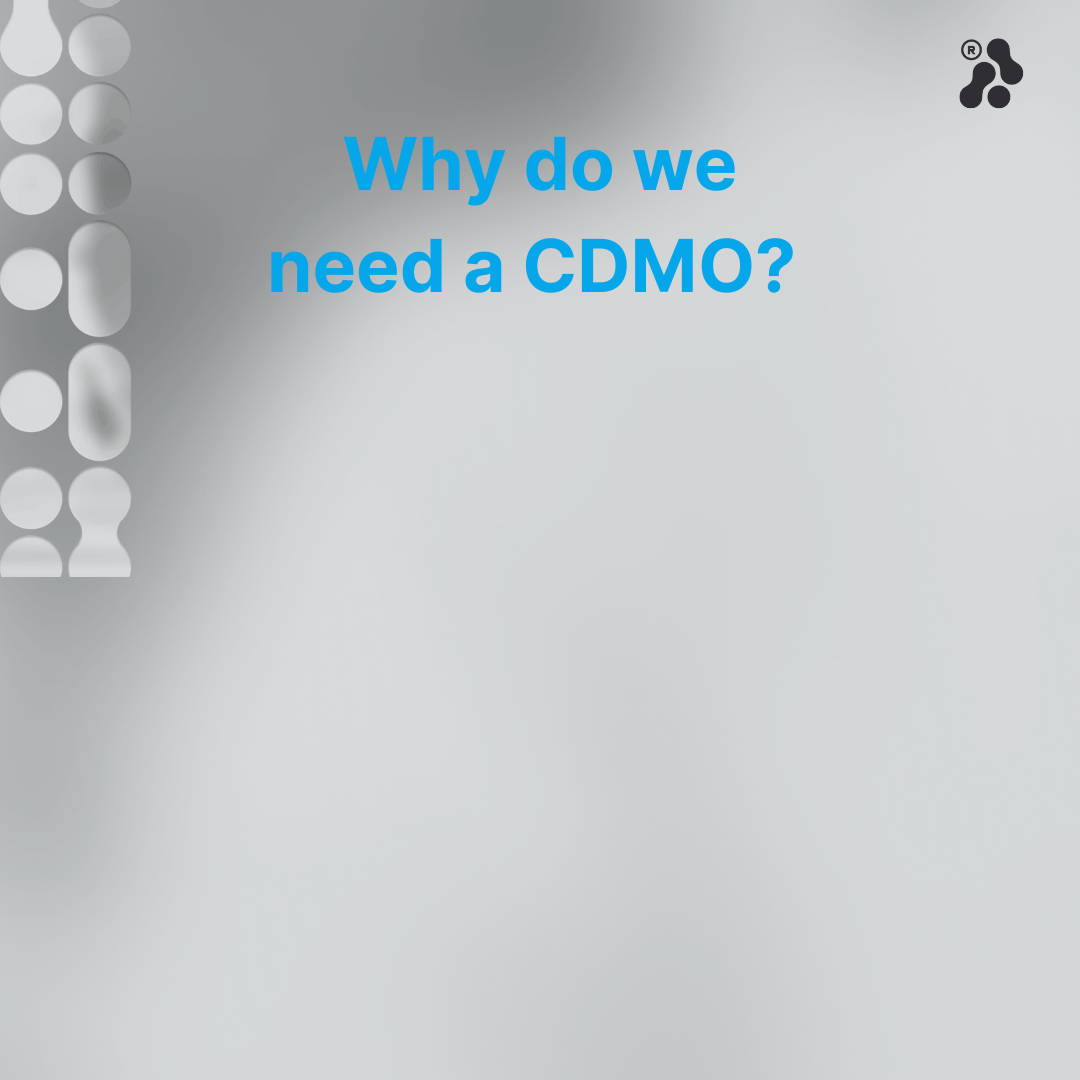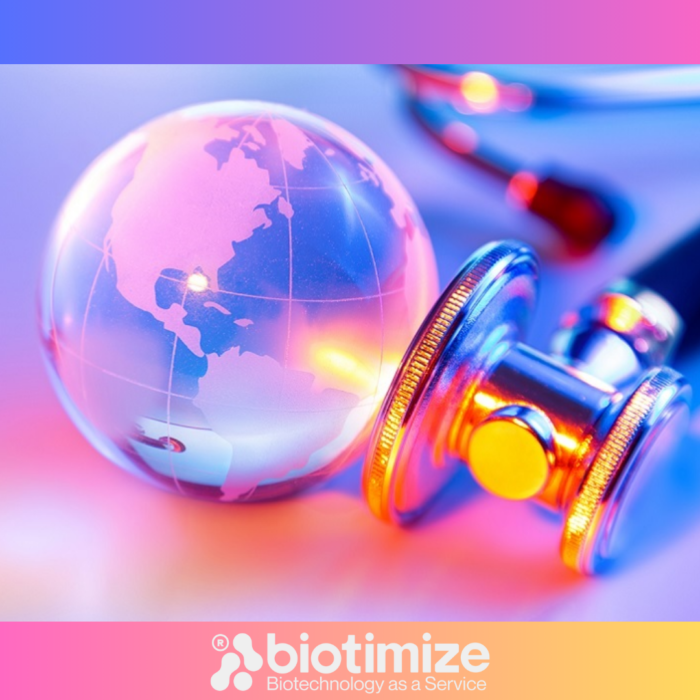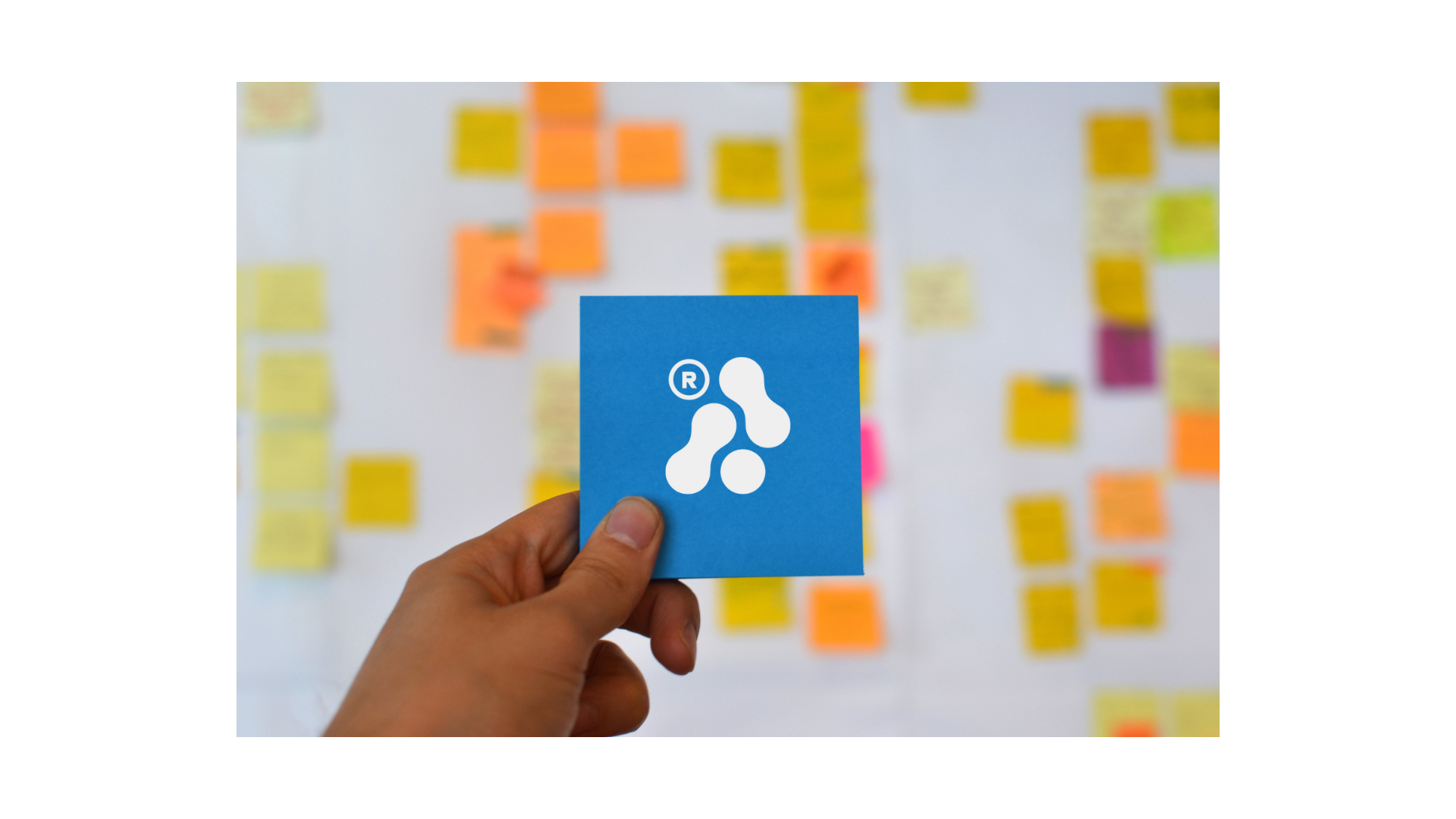The democratization of access to healing has been a transformative force in healthcare, aiming to ensure that quality medical services, medicines and treatments are accessible to a wider range of people around the world. And science plays an important role in this topic.
The traditional model for developing biopharmaceutical products does not favor developing countries, in such a way that access to cures is often restricted to what countries in the northern hemisphere create and the laws/prices they apply. For example, it is very difficult for early technologies being developed by companies from the southern hemisphere to be able to negotiate with global Contract Development Manufacturing Organizations (CDMOs) in a competitive way as companies from the northern hemisphere do: recently, the Swiss company Novartis signed an agreement for the development and production of biological medicines US$391 million with Samsung Biologics; in turn, the American company Pfizer and the Anglo-Swedish AstraZeneca concluded similar agreements, worth US 486 million and US 380 million, respectively (1).
Thus, with a reduced space for partnerships and budget, little development and cures for diseases that mainly affect tropical countries emerge - diseases such as dengue, considered an endemic disease by the WHO (World Health Organization) that is already present in more than 100 countries (2).
For this movement to gain more strength and make a real impact on people's lives, actions are needed in different parts of the process. To make this approach more dynamic, we believe that these would be the main fronts to democratize access to science and healing:
Finding where quality research is and getting it off the ground for market viability:
Online collaboration tools and platforms have made global research collaboration easier. Scientists from different parts of the world can now collaborate in an integrated way, sharing data and specialized knowledge, which accelerates scientific progress and makes it more inclusive. Bringing the economic point of view, as support, to this collaboration is a crucial factor in making research projects more viable and, consequently, investment opportunities more attractive. Movements such as Sail for Health and Viral Cure are excellent models of how to combine impact projects with strategic people aligned with the purpose of democratizing access to science and health.
Make the development process itself more viable:
One of the major barriers to entry into the biopharmaceutical market is the cost involved in the entire development process, which causes several companies to seek the development of new therapies or biosimilars through CDMOs. However, the standard healthcare market becomes limited to a few already consolidated players, and as a result, price controls and little competition favor the maintenance of this system. The increase in demand often exceeds the capacity of large CDMOs, causing startups and smaller companies to face unfeasible prices in addition to waiting lists of 1 to 2 years to allocate the project to a CDMO. Given this, the traditional CDMO model no longer has space in the market, and emerging CDMOs, such as Biotimize, are trying to break this model by creating partnerships, and no longer being simple service providers (3).
Universalize access to healing: Create channels and operations that aim to serve the world's population as broadly as possible. The Brazilian Unified Health System (SUS) inspires several countries to establish similar models. A great example is the movement of the pan-African health technology company, mPharma, which is expected to invest 43 million dollars in Nigeria to develop its QualityRx program. This new investment is aimed at modernizing previous Nigerian facilities – including local community pharmacies – and establishing new centers across the country, increasing its network from 364 to 1,424 health facilities.
In conclusion, the democratization of access to healing through science is a global, ongoing effort that encompasses several strategies. These initiatives aim to ensure that everyone, regardless of their socioeconomic status or geographic location, can access the healing and healthcare services they need, ultimately contributing to the improvement of public health on a global scale.
(1) https://www.fiercepharma.com/pharma/samsung-biologics-just-days-after-pfizer-deal-inks-novartis-production-pact-worth-391m
(2) https://www.paho.org/pt/noticias/3-8-2023-medida-que-os-casos-dengue-aumentam-globalmente-controle-vetores-e-envolvimento#:~:text=Durante%20o%20semin%C3%A1rio%20EPI%2DWIN,infec%C3%A7%C3%B5es%20ocorrendo%20a%20cada%20ano.
(3) https://www.biopharmadive.com/news/cell-gene-therapy-manufacturing-cdmo-biotech-startups/653275/



